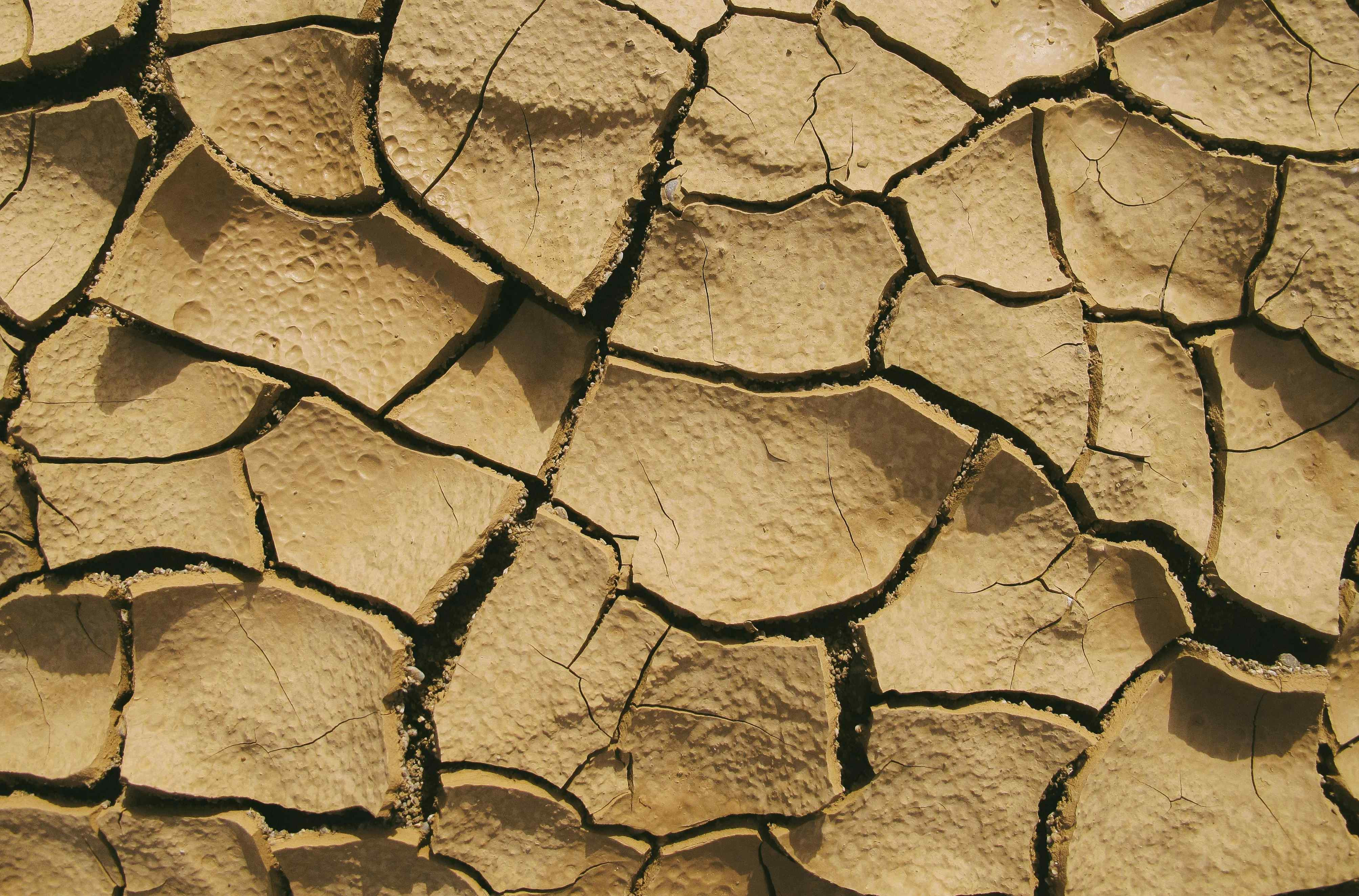Learn About the Two Types of Eggs We Sell!
posted on
June 13, 2022
Buffalo Valley Pastures sells two types of eggs, duck and chicken eggs!
Our chickens are free range, meaning they are kept outdoors in a mobile chicken coop and guarded from predators night and day by a watch dog. The chicken coup is moved frequently in order for chickens to have access to new areas of pasture where they can eat bugs and seeds. This ensure that they get plenty of sunlight, nutrition and exercise! They are also fed GMO-free and soy-free supplemental feed. The chickens themselves are never given antibiotics or hormones, ensuring that you are getting the healthiest eggs on the market!
We also offer duck eggs! Many people do not know much about duck eggs because they are hard to find. Our ducks are free-range as well! They roam freely on pasture alongside other animals. Our ducks are also free from anti-biotics, soy and GMO feed.
What are the difference between duck and chicken eggs? Duck eggs are much larger than chicken eggs but can be used the same way as chicken eggs (cooking, baking etc.). Duck eggs are considered to be equivalent to one and a half chicken eggs, so recipes may need tweaking. They are richer in color, taste, texture and have a considerably larger yolk. Some people who are allergic to chicken eggs can have duck eggs. However, keep in mind that some people can be allergic to duck eggs.
Another difference between chicken and duck eggs is that chicken eggs are acidic and duck eggs are alkaline. Duck eggs are a great benefit for people who need to maintain an alkaline diet. Duck eggs last longer than chicken eggs because they have a thicker shell and a stronger inner membrane. Duck eggs are also more nutritious. They hold more antioxidants, more omega- 3 fatty acids and 50% more vitamin A than chicken eggs. Experience the difference and give them a try!
Do you ever wonder if you may have a rotten egg lurking around the corner? Do you ever find yourself making pancakes for hungry children and finding that one of your eggs is rotten, ruining your batter? Let’s face it, it has happened to us once in a while. Whether your eggs have been sitting on the store shelves or hiding on the farm for weeks or months, it’s always a possibility. Here is a handy trick so that you’ll never have to deal with rotten eggs again!
The ‘float test’ is an easy way to find a rotten egg. Place your eggs in a deep container, pot or even sink, any vessel will do! Then, gently fill your vessel with cold water covering the eggs. Look for eggs that are floating on the surface. These eggs are rotten, and you will want to throw them away or add them to the compost pile. Some eggs will stand up on end. Those eggs are on their way to rotting but can still be used for baking. Any eggs that stay on the bottom are in great shape! What makes these eggs float? When decomposition of an egg occurs, it gives off gasses. The gasses form a bubble causing the egg to float. That’s what makes an older egg float!
Give our free-range chicken and duck eggs a try today!



